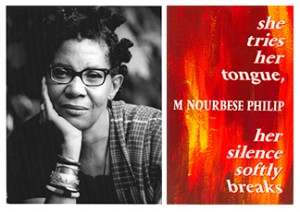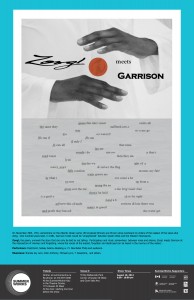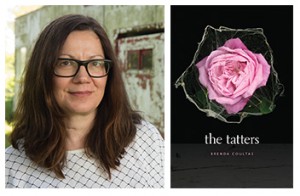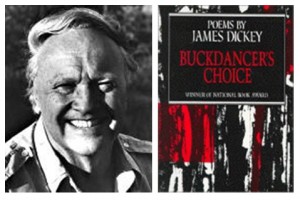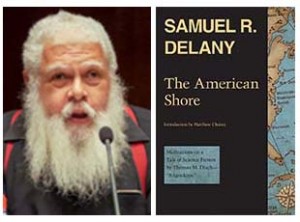The Poetry of Rae Armantrout
What is the poetry of everyday life? What does it look like? Well, we might say, it looks like the work of a number of very fine poets written in prosaic free verse, using the language of the average person, and telling stories of the quotidian experience of family, relationships, illness, alcoholism, work, and so on. The poetry of everyday life might look like all of these things, or it might look like the poetry of Rae Armantrout.
Armantrout certainly gestures to daily life, and we could imagine a conventional free verse lyric ending with “Is it the beginning or end / of real love / when we pity a person // because, in him, / we see ourselves?” You could open a collection of fiction with the quirky humour of Lorrie Moore and not be surprised to find a story opening with this sentence: “When she hugged him I wanted her to hug me too because, if she didn’t, I would have to wonder about that, whereas, before, I would have been happy with a friendly word and, after a slight hesitation, she did wrap her arms around me.”
The “Lorrie Moore” sentence is the first of three sections of Armantrout’s new poem “Membrane,” printed here, and it displays her sly wit and her ability to expose a moment of pathos. The first and third sections of the poem open themselves to the possibilities of narrative interpretation. The second section, however, highlights the textuality of language and resists interpretation in the ways that identify Armantrout as a language poet.
Armantrout articulates across her career all of the concerns of language poetry: postmodern culture, self-reflexivity, the materiality of language, semiotics and deconstruction, disruption of the symbolic order, and an oppositional politics inherent in the interruption of the language of seamless ideological discourse.
The second section of “Membrane” is comprised of four indented words, each on a line of its own: “ion / selection / channel / membrane.” Ion. An electrically charged particle. The emotionally “charged” situation that attempts to resolve in a hug? Membrane. A separating layer. But also a pliable material that is selectively permeable, filtering wanted from unwanted particles. Is the membrane the skin of the body that, in a hug, both separates and filters emotional ions?
The concluding section begins “Put simply,” as if promising an explication of the second section. We learn that Eve’s “fall” from paradise is in her snake-bitten recognition that people have intentions they don’t explain, the meaning of which you must intuit. This leads her to compare herself to others, and there is no end to comparison, fraught with insecurities, anxieties, and fears.
The second section of this poem, an irritant to any reader looking for a narrative of meaning in this poem, is crucial. It resists any simplistic “lesson” on the perils of comparison. A world without comparison would exist only in paradise, and it would be without language, as language is a function of relation and comparison. Language is a membrane that disguises its intentions and is a site of endless anxiety.
Another new poem, “Our World,” announces a dilemma in the poetics of everyday life. Conventional lyric seems worn out, merely an endless worrying of the stories of our lives. The poem asks, “We’d been tweaking / the poignancy // of small plots / for how long?” Small plots are little narratives or individual graves, which are one and the same.
And so we moved on. “We needed space, // perceived distance / between thing and statement, // as if irony, / inflated, / might be a whole new globe.” Implied here is that irony upon irony upon irony is also a dead end. Our world, though, has galloped on ahead of us. The “transport of poetry” is a unique yellow sedan or a minivan with the decals of two skulls. Family van as hearse. “In our world” Cinderella’s gown is made by animated flying scissors in a fantasy of romance. It is “class-system kitsch,” as she calls it in the poem “Nothing.” And all these things are the self-assembling virions freshly released. Inflated irony has gone viral!
I love both the wry and the outrageous humour of Rae Armantrout. “Instruction” begins “I’m holding a baby / who was born yesterday” (everyone else wasn’t born yesterday). Later she says of the baby: “I point to her mouth / and say, ‘Mouth, mouth.’ // She mouths it back; she’s so precocious!” The poem concludes in London with “two tour bus routes // marked out: / one red, one blue.” For some reason it seems fitting to me to interpolate this with Robert Frost: two tour bus routes diverged in a wood, and I— I took the one most traveled by, and that has made all the difference.




